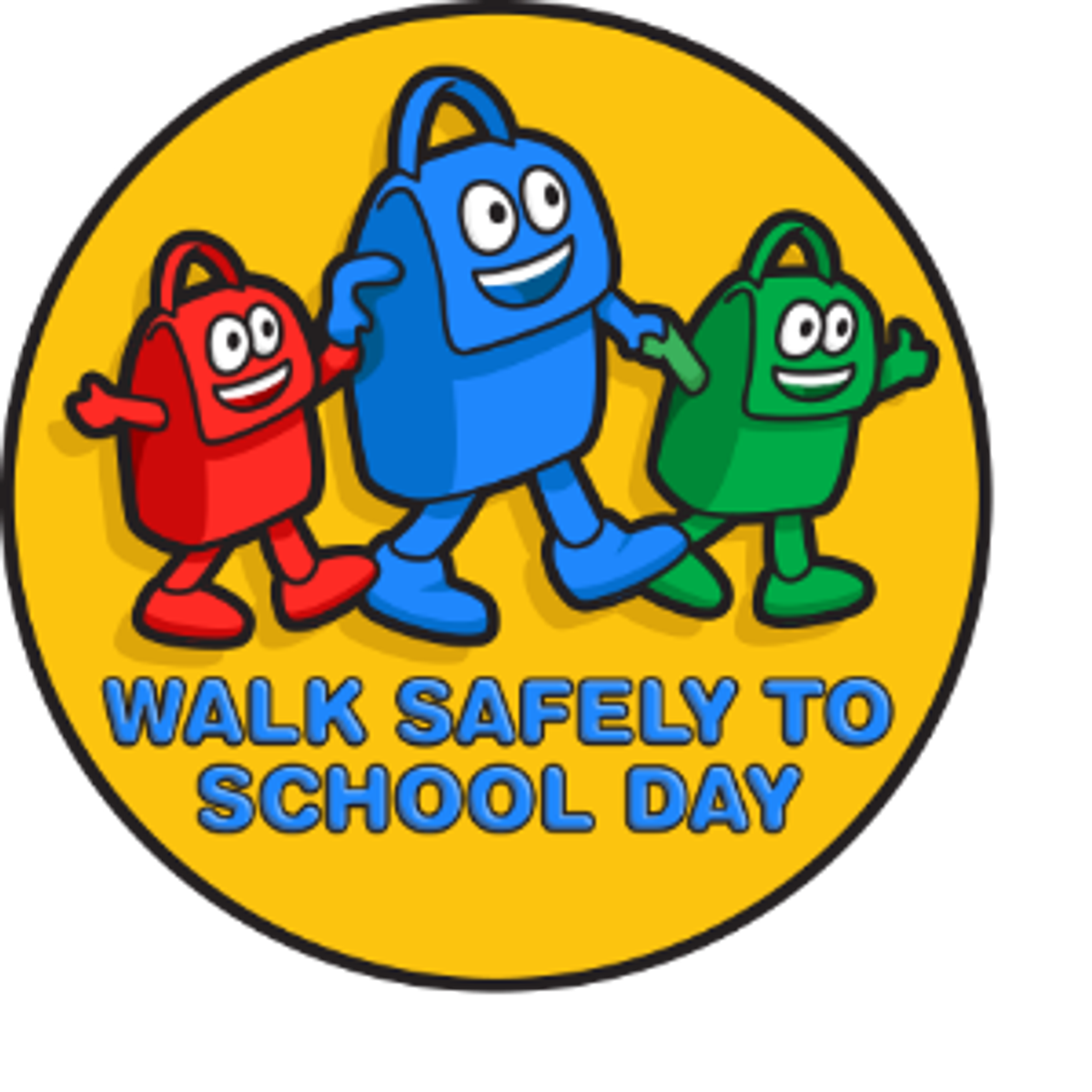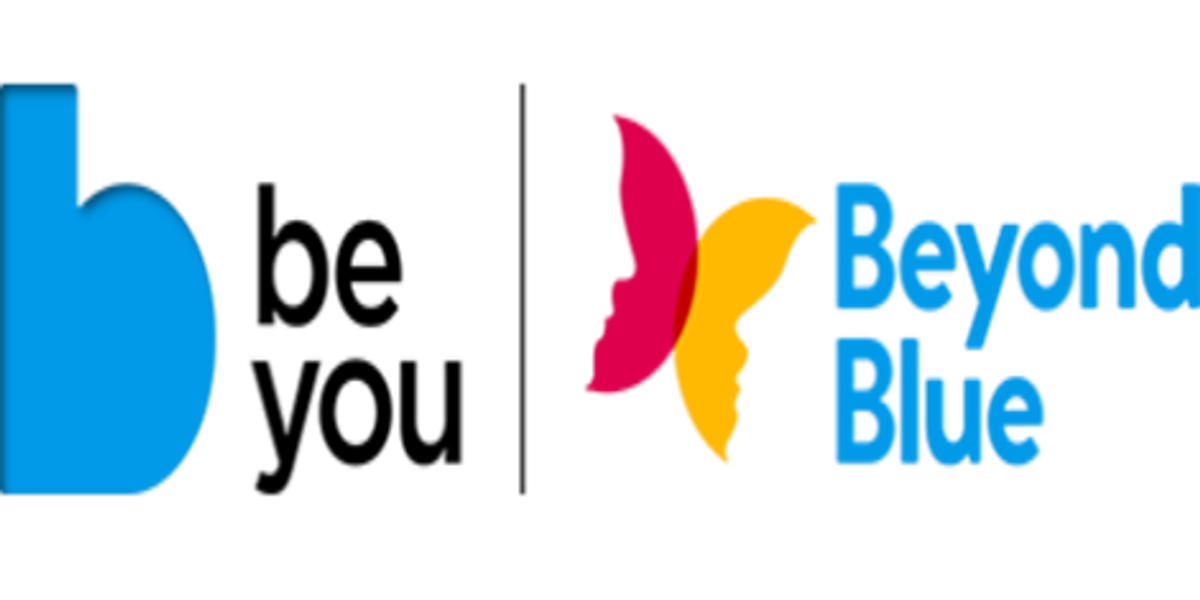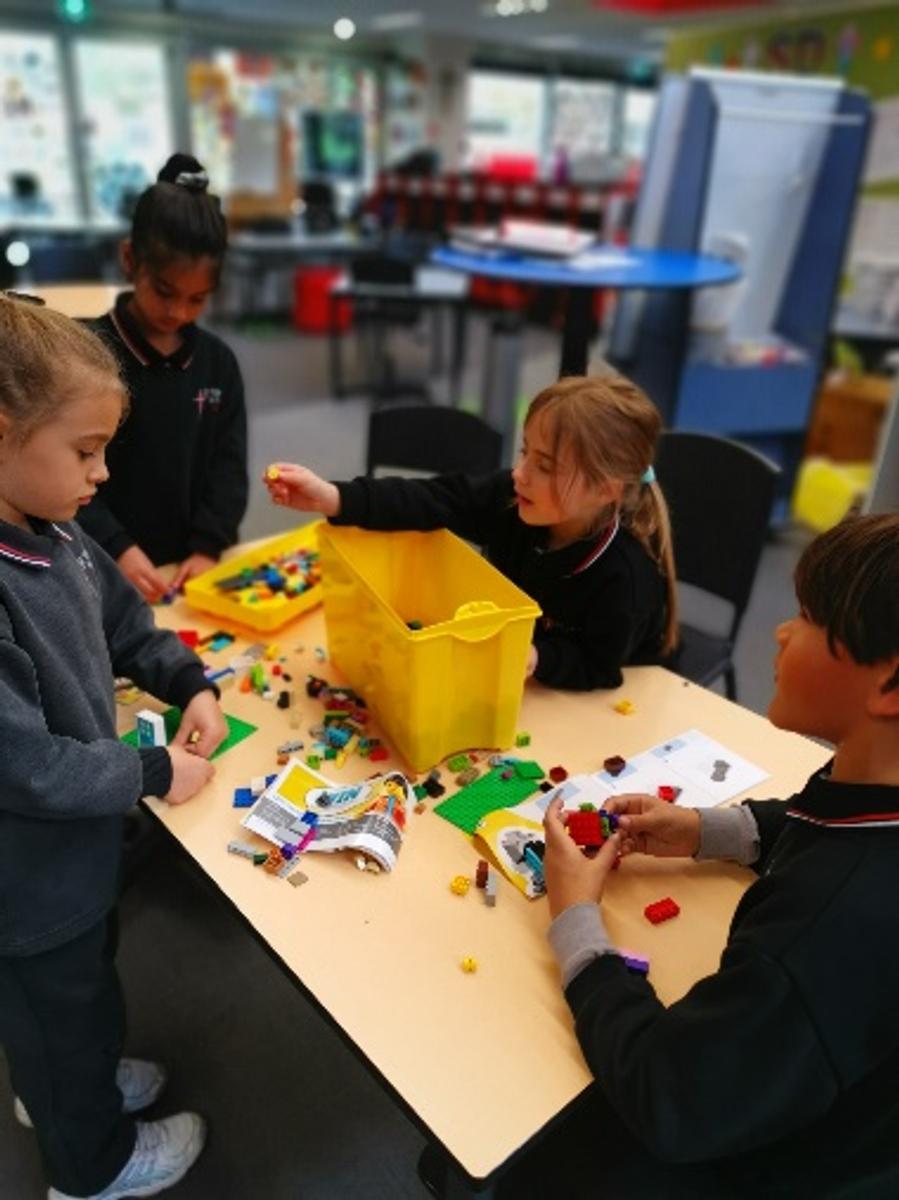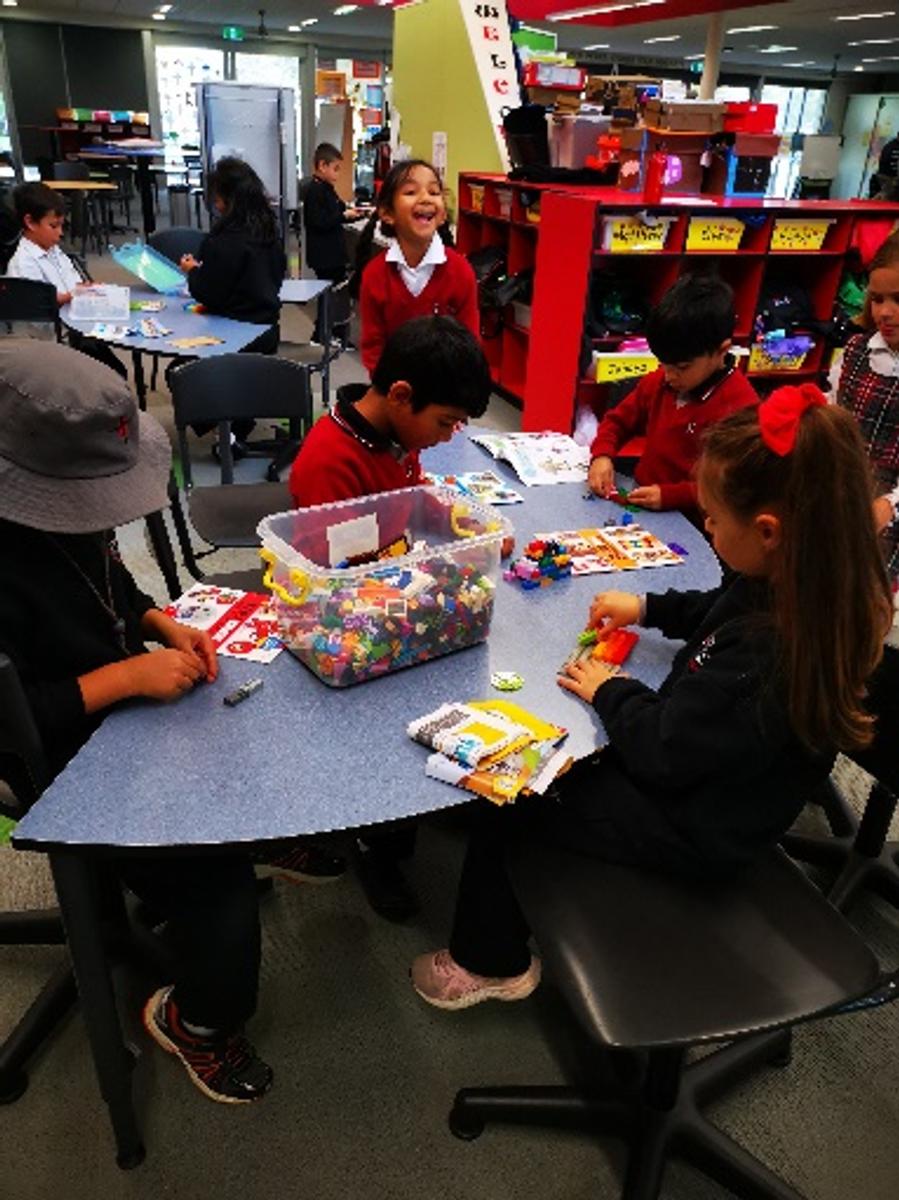Wellbeing
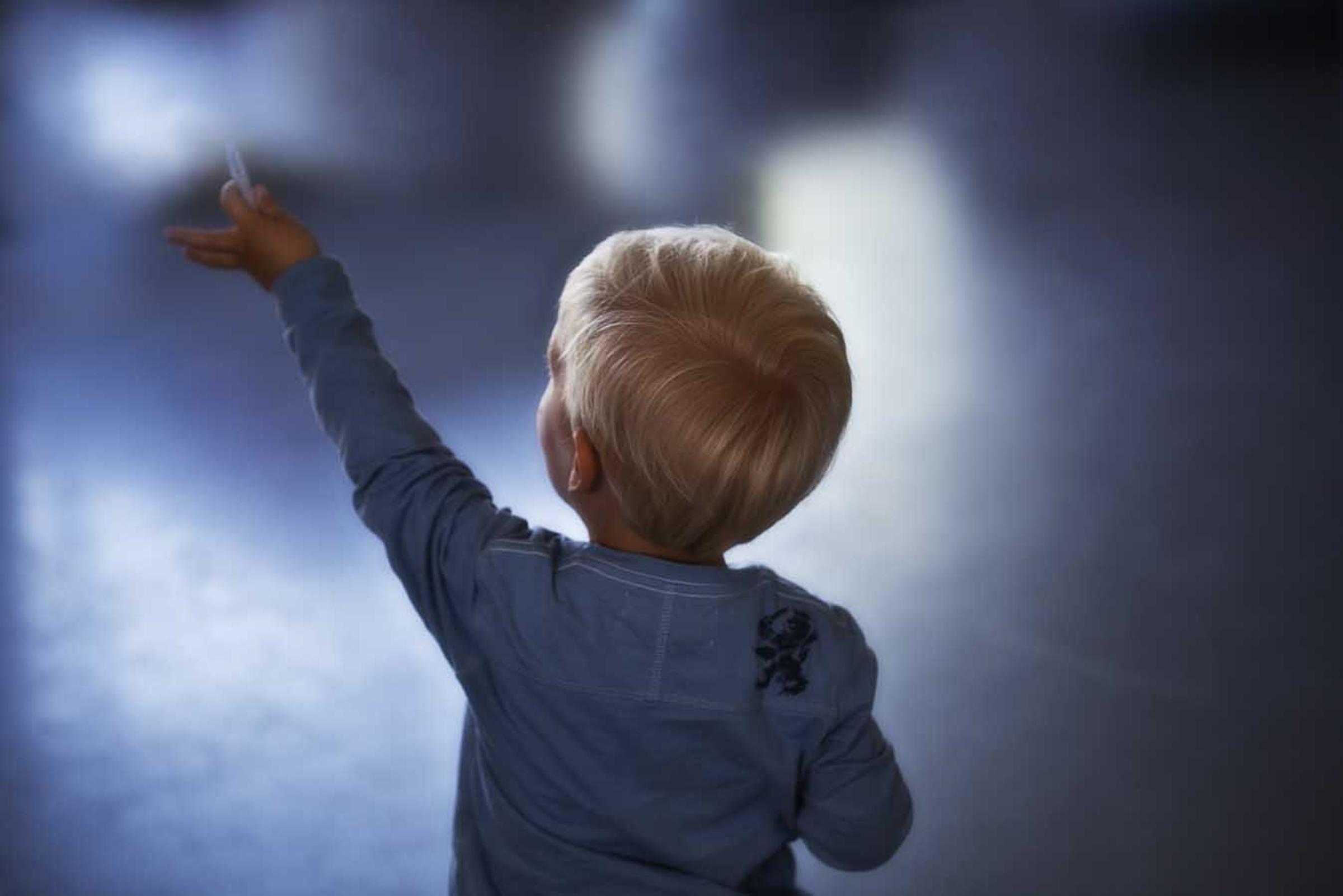
Walk safely to school day
WE’RE TAKING IT IN OUR STRIDE ON Thursday 20th May 2021. This is on Specialist day when the children will be wearing their sport’s uniform and coloured top representing their family’s cultural background. You might like to wear bright coloured socks that day to, so we help raise awareness of Walk to school day. Well it’s that time of year again when our school seriously starts talking about walking! Walk Safely to School Day asks that we all consider our transport habits and try to incorporate more walking as part of a healthy, active way to get around. And although walking all the way to school isn’t realistic for many of us, it’s quite easy to figure out how you can build a walk into your family’s daily routine. You can teach your child the healthy habit of walking more by:
• Walking with them the whole way to school
• If they get the bus or train, walk past your usual stop and get on at the next stop
• If you have to drive, park the car a few blocks away from the school and walk the rest of the way.
Regular exercise like walking with your child not only helps them (and you!) beat chronic problems like obesity, heart disease, behavioural and mental health issues and diabetes. It also gives you a great opportunity to teach your child safe ways to behave around roads and traffic. Remember, Active Kids are Healthy Kids so get planning your own Walk Safely to School Day journey for Thursday 20th May 2021!
Weather permitting, we will have 2 meeting places. The first meeting point is Lynbrook Community Centre, the second one is Figtree Reserve (corner of Alymer Rd and Waterbush Crescent). We will then make our way to the oval at 8.25am where we will walk around with friends until the music starts to begin the day. Teachers will meet the students at the 2 designated meeting points at 8am before walking with the students to school. Let’s all join in and walk to school together!
mConnect Parent Garden group
We are running a parent garden group. Our focus this year will be on developing a veggie garden for the parents where they can learn about how to grow food for their family and take home the produce to share with their family that is grown in the garden. The workshops will be held on Tuesdays fortnightly, from 9.30am until 10.30am. All parents are welcome to attend. The next workshop will be on Tuesday 25th May. For more information, please contact me rlenko@sfslynbrook.catholic.edu.au
The Resilience Project
The Resilience Project is a program we have been part of since last year. It is evidenced based and teaches children strategies to focus on their mental health. The key concepts are Gratitude, Empathy, Mindfulness and Emotional Literacy.
| Over the last three years, The Resilience Project commissioned an evaluation with The University of Melbourne to better understand the impact of our school partnership program and curriculum, and identify ways we could build and improve upon it. |
The University of Melbourne concluded that the benefits arose from both the program content and the style of delivery. The program provided variety which altered the ways in which children engaged with lessons and each other, contributing to overall improved social and emotional skills.
The key changes experienced, were: |
|
For more information about this study follow the link https://theresilienceproject.com.au/university-of-melbourne-research-findings/?mc_cid=b0556d7f6f&mc_eid=c85cb716ba
For more ideas of how you can incorporate the Resilience Project at home please see TPR home for ideas of what you can do.
https://theresilienceproject.com.au/at-home/
BeYou is a resource for educators that promotes the mental health of all members of the school community, students, parents, carers, teachers and the wider community. This week’s fact sheet taken from the BeYou website is about seeking help.
What is help-seeking?
Help-seeking is a positive coping strategy.
Help-seeking could mean asking for assistance with day-to-day events such as learning experiences, and relationships (e.g. negotiating with peers on a task, managing anxious feelings or relationship breakups. It could also mean seeking help for developmental queries or general health matters, including mental health. Examples include speech and language delays, understanding puberty or behavioural challenges. Help may come in many shapes and forms. It could come from within the learning community or from external agencies, resources and organisations. It may occur through daily interactions and conversations between educators, children and young people, and families. Other good sources of information and support are brochures, fact sheets, reputable websites, family, friends and health professionals. Support may be focused on the children and young people, their families or the school, or a combination of both. The goal in providing support is to find the best possible pathway to maintain or improve the wellbeing of children and their families.
Why is help-seeking important?
Seeking help is important because it can foster children and young people’s mental health and wellbeing.
There are a range of influences and experiences – both positive and negative – that impact on an individual’s mental health. These influences and experiences are known as risk and protective factors.
Being able to ask for help can act as a protective factor because help-seeking can lead to accessing resources that support mental health and wellbeing.
When children and young people view help-seeking positively, it builds a sense of agency and confidence that they can influence their world and receive help if needed.
Children and young people who have a positive experience of help-seeking are empowered to access available supports in future.
Getting help when needed may buffer the impact of risk factors that challenge a person’s mental health and wellbeing.
The earlier individuals can access support, the better. Issues that aren’t addressed can become more difficult to manage, continuing to affect the child or young person as they grow.
Educators play an important role by:
- supporting children, young people and families to develop positive attitudes about help-seeking
- empowering children, young people and families to reach out for support when necessary
- being aware of their school’s policies and procedures on supporting children and families
- role-modelling help-seeking behaviours.
SFS Twilight Community Market
We are still looking for stalls for our Twilight community market which will be held on Thursday 4th November from 5pm until 8pm. If you are interested in having a stall, please contact me or collect an application form from the school office. We are also looking for prize donations that can be used at the market. The money raised will go towards the upkeep of the school community garden.
Lego Club
In Term 2 we are offering Lego club at 2nd lunch break. The children have really been enjoying coming along, working together to create and build together and practice their communication skills.
If you have any concerns about the well being of your child, please do not hesitate to contact me.
Rachel Lenko
Student Wellbeing Leader

